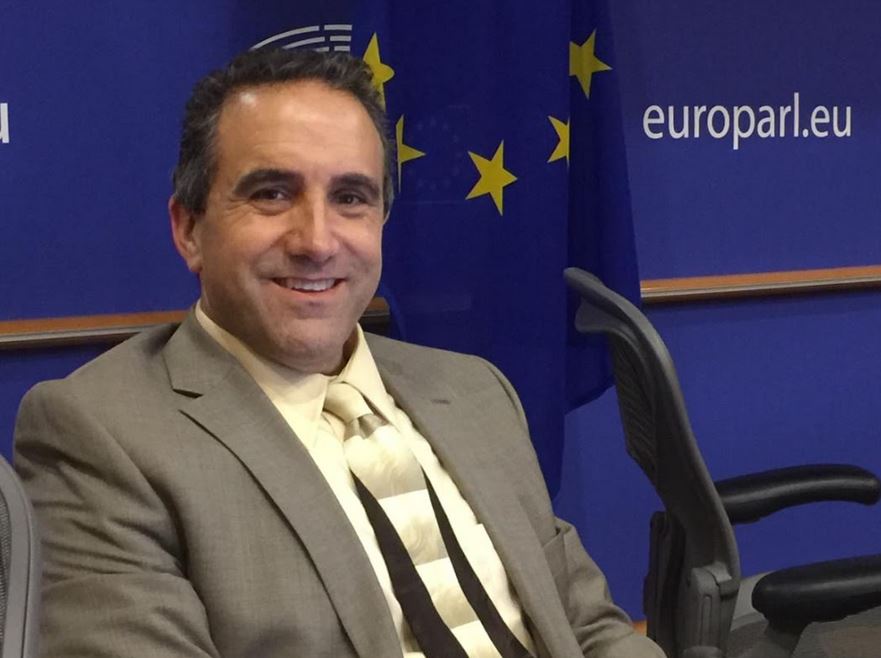I expect most journalists are writing their own version of “Sundance in the Post-Truth Era” think pieces (I’m composing my own), and this movie will end up in all of them.At its premiere, it received a standing ovation, but it’s a strange, strange film to be watching on inauguration eve. The main arc of An Inconvenient Sequel explores the roots of Gore’s commitment to raising awareness about climate change, and it culminates with an inside look at how Gore was instrumental in getting the Paris Agreement adopted in late 2015, in which major countries agreed to work toward measures that would reduce greenhouse gas emissions.It’s heartwarming and inspiring to watch leaders of countries come together in agreement (one of the best moments, and the biggest laughs, happens when Justin Trudeau bumped into Gore in the hallway and introduces himself as “Justin Trudeau, prime minister of Canada”). Gore himself is clearly a man of integrity and passion — he’s been working tirelessly on the issue for decades, motivated by both his faith and a sincere belief that humans can come together and do good for the planet.
And yet, the movie was obviously hastily modified after Trump’s win in November, and the film grimly forces viewers to remember that Trump has always dismissed the idea of climate change wholesale, and pledged during his campaign to withdraw the US from the Paris Agreement.
Because so much of the film seems to have been shot with the hope that progress would continue to be made, the hasty re-edit feels a bit like getting dropped off a cliff, even though Gore exhorts us to not give in to despair.
Unfortunately, the filmmaking is, alas, not very good. Directors Bonni Cohen and Jon Shenk are trying to tell a story, but I can’t quite make out what it is — the movie’s structure is all over the place. Sometimes, it’s like watching a PBS special about Al Gore, in which he reminisces about the highs and lows of his political career and what drives him. Sometimes, it’s more like watching taped lectures. There are beautiful shots of glaciers exploding and melting, which are not really supposed to be beautiful since the collapse of glaciers bodes poorly for the environment.
Any one of those would have made an interesting film on its own, but when they’re all mashed into one film the effect is something like someone flipping incessantly through a radio dial. You just want to stop and go deep on one topic, or hear more than one viewpoint (Gore’s).
Still, though, the film got an ovation, and part of the reason is simply that it’s full of hope. Gore believes that getting the right information to people will encourage them to speak truth to power, and while that seems almost naive in an era of deeply partisan “facts,” it’s good to be reminded that someone still believes.


